Ep. 50: The Making of a Mystic with Kevin Sweeney
Show Notes
Episode Summary
In the 1960's, Jesuit priest Karl Rahner made a bold claim about the future of faith. "The Christian of the future will either be a mystic, or nothing at all." Who could have guessed that sixty years later the deconstruction community would turn his statement into reality through the modern pursuit of mysticism.
Apologetic, rational, belief-based Christianity can only get you so far. In fact, in many ways it's gotten us into the mess we are in today. It could very well be true that the most necessary step you make during your deconstruction journey is to move from thinking the 'right' things about God to knowing God through intimate experiences. Modern mystic Thomas Keating describes this process as going inside yourself to find what is true. It is a way of knowing that begins with unknowing, a way of understanding that involves not just your mind, but your whole self.
In this, our 50th episode, we talk with author and mystic Kevin Sweeney about his path out of rational, apologetic faith and into the ancient tradition of Christian mysticism. Through formative practices like meditation, mindfulness, and centering prayer, Kevin charts a path for many of us to follow as we take the necessary step out of evangelicalism into a more freer, experiential faith.
Father Richard Rohr describes a mystic as someone who has moved from mere belief to actual inner experience with God. This introductory conversation about Christian mysticism invites all of us into a deeper stream of spirituality. Plus, we discuss the formative practices you will need to facilitate inner transformation, a transformation from someone who thinks about God to someone who finds their entire being already in God.
Bio
Mystics are not just a thing of the past. We all can embrace the mystery of God and the way of Christ in the world today. Kevin Sweeney, a pastor in Honolulu with his wife Christine, is here to share his journey within mysticism. He shares his journey of releasing ego, surrendering into God’s love, and embracing the wild journey life truly is. Kevin also shares about his new, forthcoming book, “The Making of a Mystic: My Journey with Mushrooms, My Life as a Pastor, and Why It’s Okay For Everyone to Relax,” which comes out on May 31st.
Kevin Sweeney is co-founder and lead pastor of Imagine Church—an urban church in Honolulu that is welcoming of all people, sees imagination as the key to the future, chooses authenticity over performance, substance over hype, and quality over quantity. He is the host of podcast “The Church Needs Therapy” and is the author of the forthcoming books, “The Making of a Mystic: My Journey with Mushrooms, My Life as a Pastor, and Why It’s Okay For Everyone to Relax,” out on May 31st, and “The Joy of Letting Go” which will be out in January 2023. Both on Quoir Publishing. He lives In Honolulu with his wife and co-founder of Imagine, Christine, and their two kids, True and Mikayla.
Quotables
“There is a difference between spiritual intelligence and spiritual experience.”
“Spiritual intelligence is what you believe about God, but spiritual experience is direct, first-person experience of God.”
“Spiritual experience is the connection and the union with God.”
“Spiritual experience is about waking up…For me a transformative faith is not primarily about believing what is right it is about tasting what is good.”
“You can be less certain and more free.”
“My authority was the authorizing presence of the Spirit within me.”
“The internal knowing and trusting of your own voice was the only compass I had.”
“How many times do you have to taste something to know it isn’t good and how many times do you have to experience something to know it isn’t real?”
“The Spirit is always inviting us forward.”
“You have to know the rules to know how to break them creatively.”
“Any practice that aligns your mind, body, and heart in oneness and grounds you in love. You need to do that and it needs to become a consistent practice you return to.”
“The River is the unified field, that open space to experience grace and love.”
“Walking meditation is helpful especially for people who when they go in silence their monkey mind is really strong.”
“I used to do my practice of breathe and listen to gregorian chants. I don’t do that anymore but the point is, what is giving you access to the ‘River’.”
“If you commit to silence for five years, you will start to get it.”
“Mystic silence is like sitting with a friend you can’t see.”
“Prayer is listening to God say good things about you.”
“How do I actually recoil and relax?”
“Beliefs are not transformative. You can believe all the right things and still be in bondage.”
“After the ecstacy, the laundry.”
“The first half of life is about the beliefs of your self. The second half of life is about the death of the very self who is doing the believing and the clinging.”
“You can’t try your way out of trauma.”
“You have to be somebody before you can be nobody.”
“The very spaces that have the most potential for our transformation, we spend out entire lives trying to avoid.”
Please follow us on social media (use the buttons below) and help us get the word out! (Also, please don’t hesitate to use any of these channels or email to contact us with any questions, concerns, or feedback.)
Support Us on Patreon
And get access to every episode 3 days early! In addition, your financial support gives us the time we need to be able to create and produce amazing content, including Patreon-exclusive content. Plus, you get a special invite to our monthly Book Club! It’s a great place to meet others on your deconstruction journey. Please consider joining our team of patrons by clicking the button below. Thank you!
If you prefer just giving with no strings attached, you can also just buy us a coffee! Any amount helps us cover the costs of creating this show.
Credits
This episode was produced by The Sophia Society and written by Gary Alan Taylor and Kelly Lamb. Music is by Faith in Foxholes.

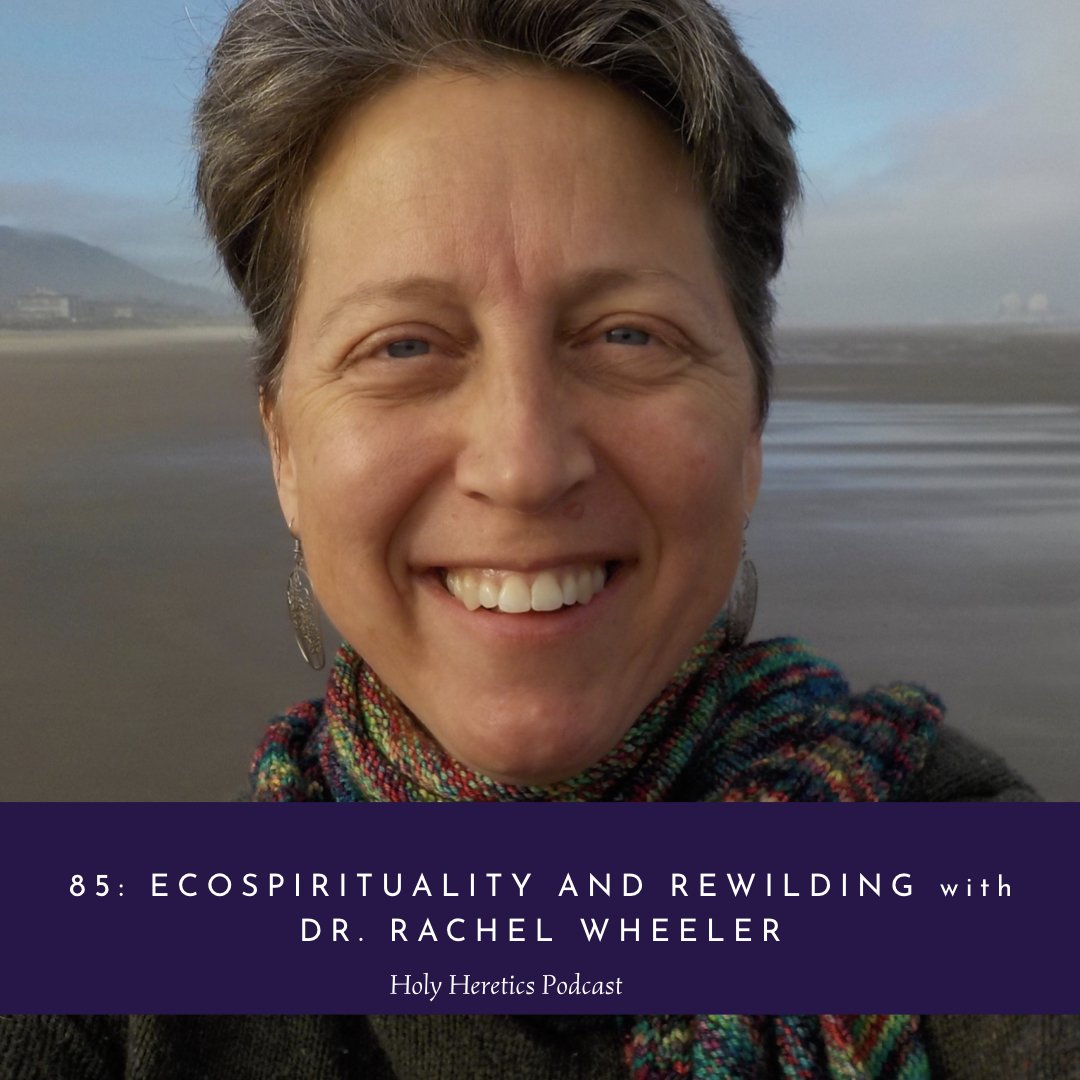
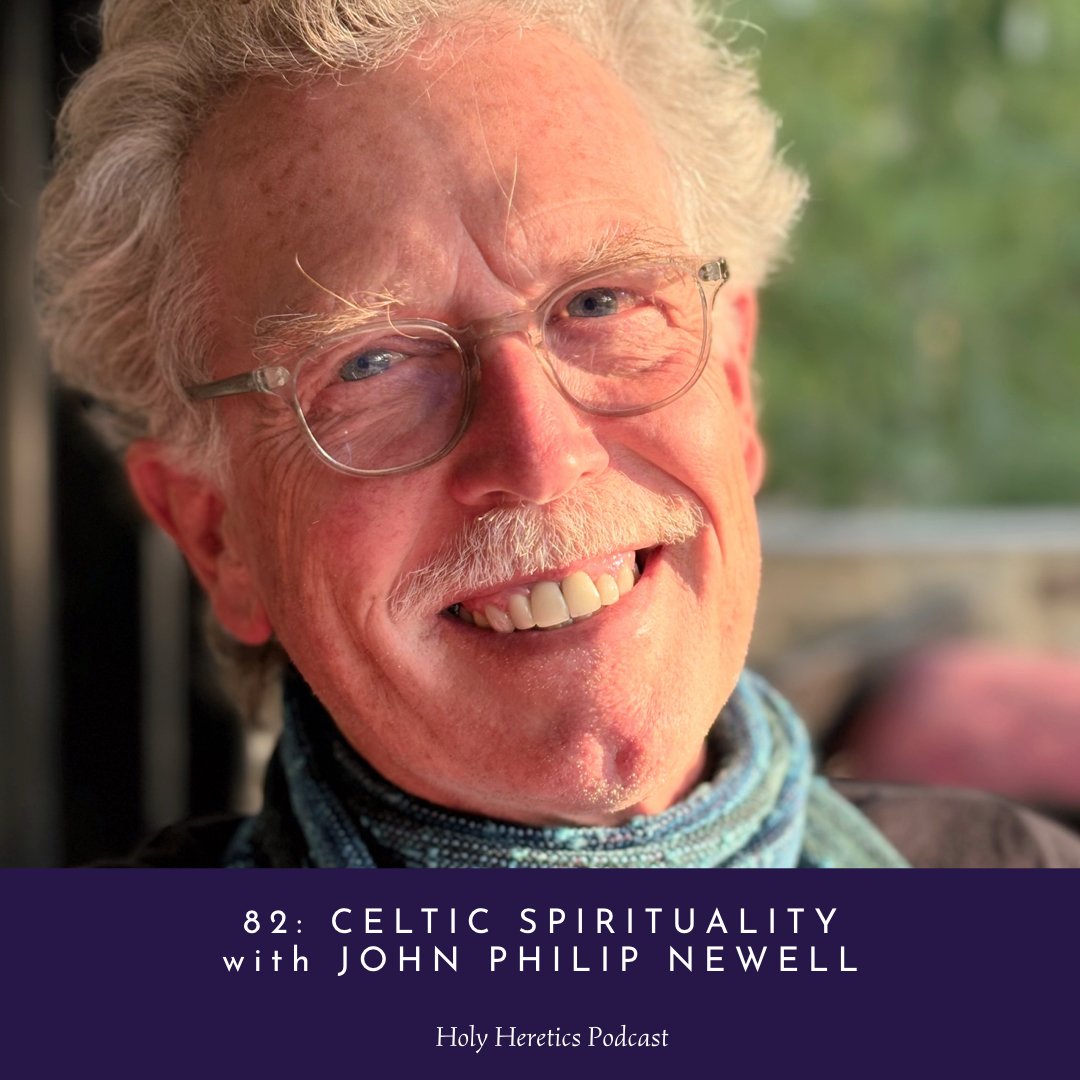
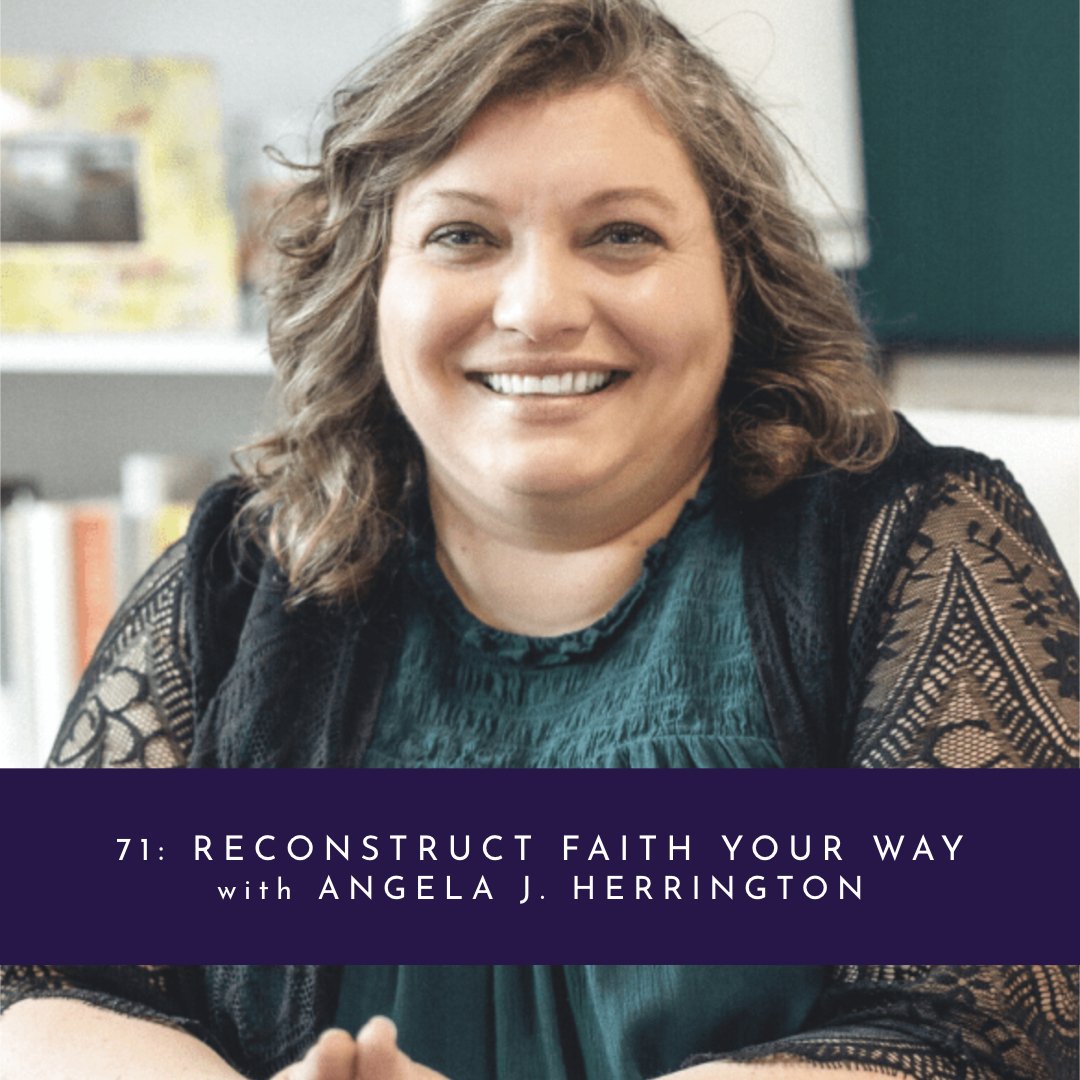
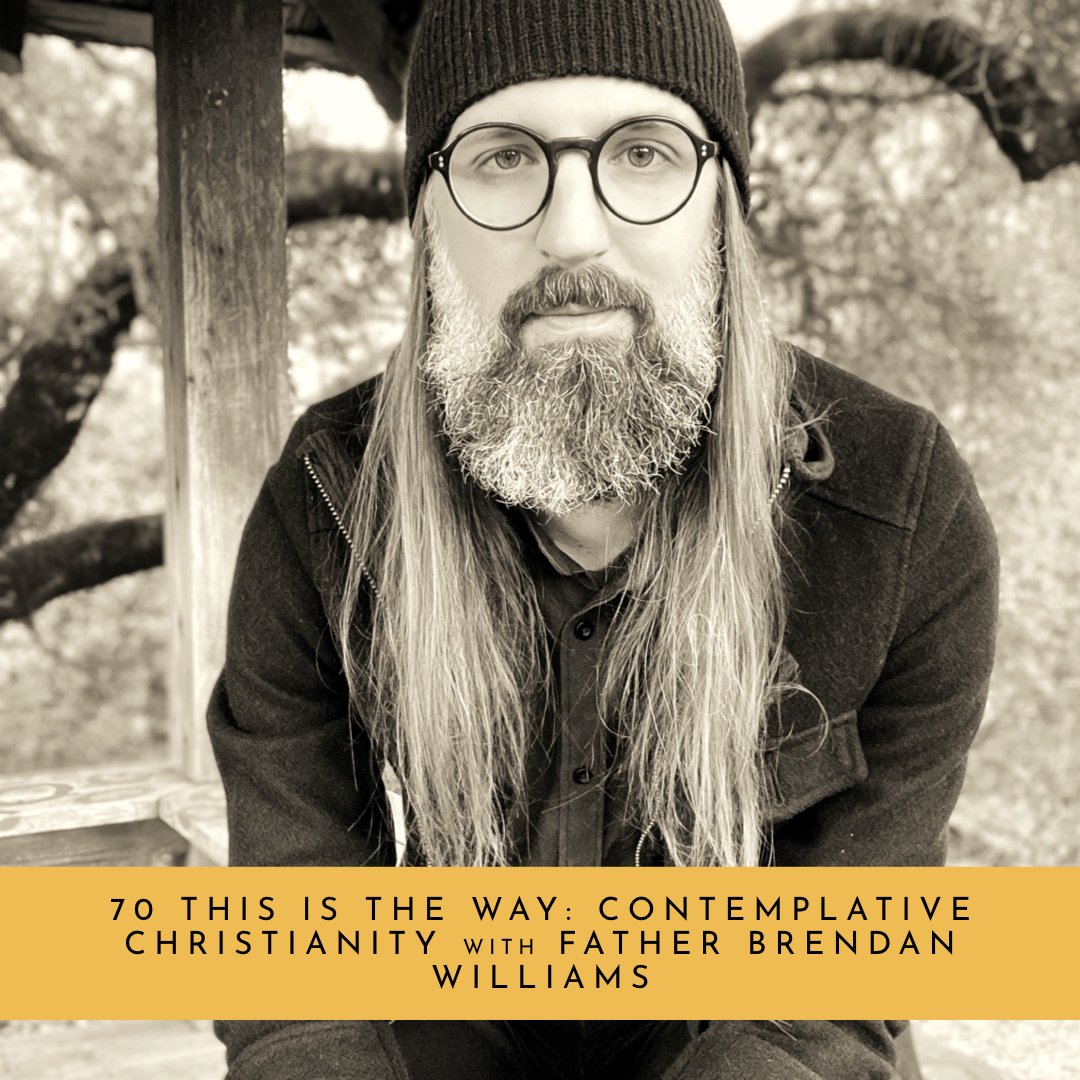
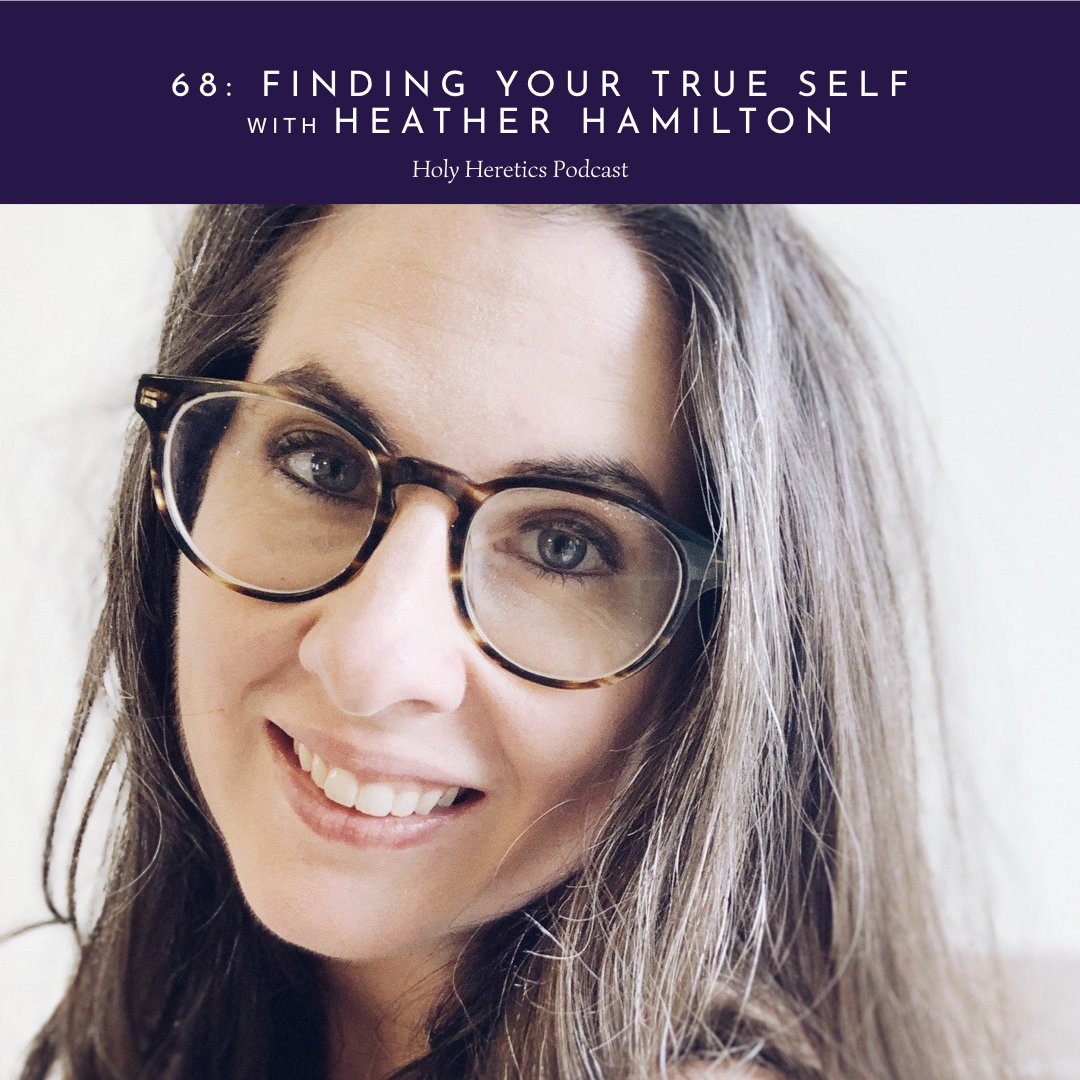
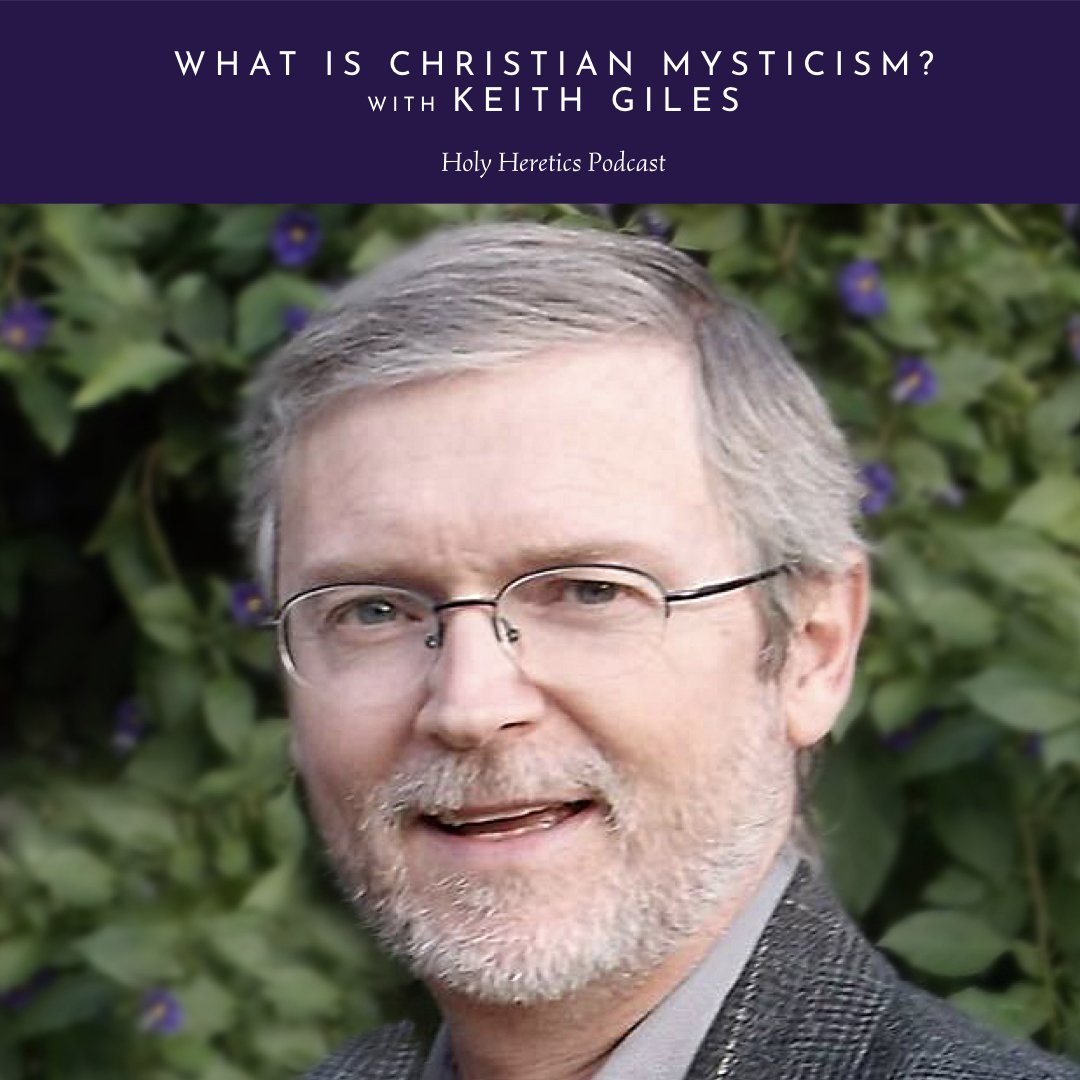
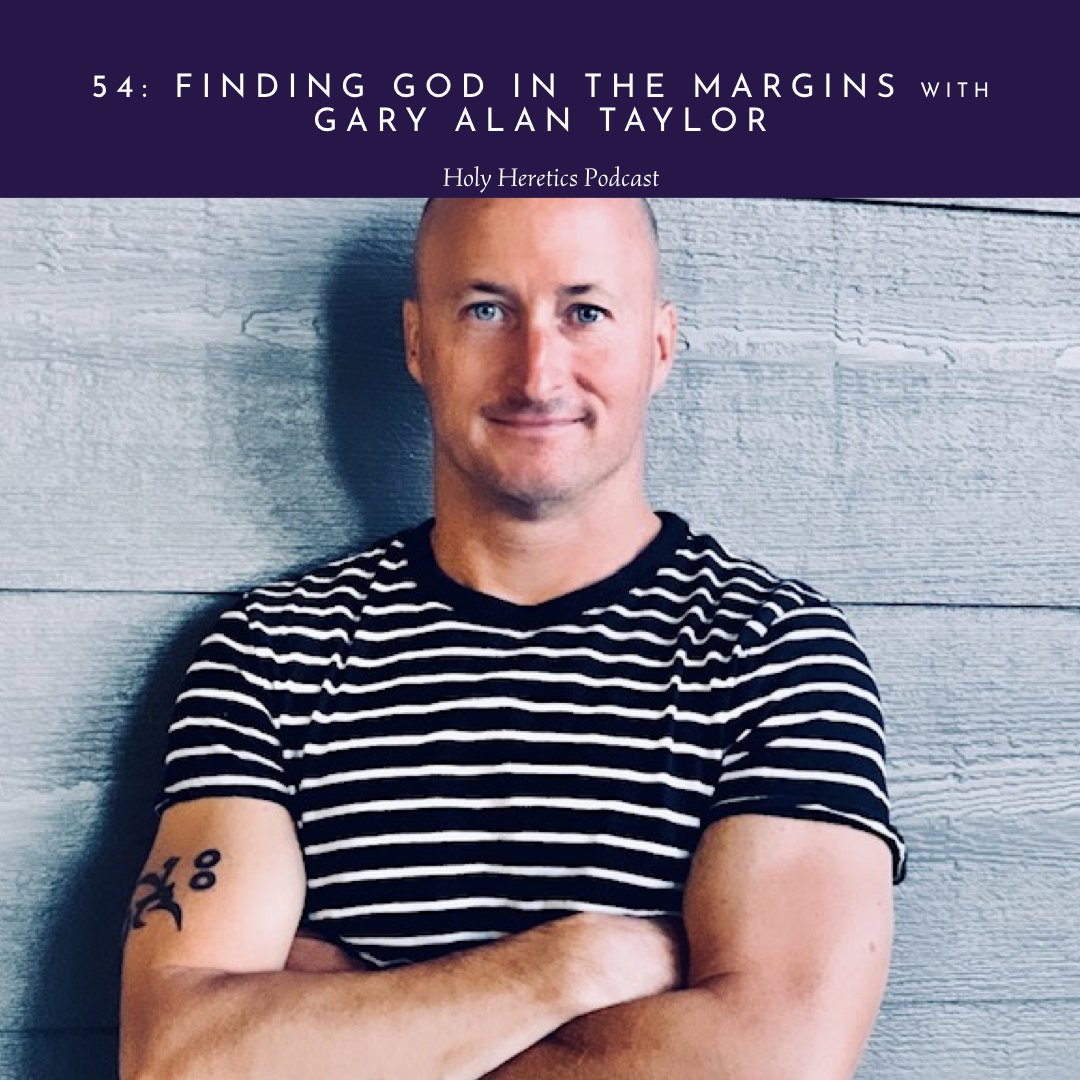
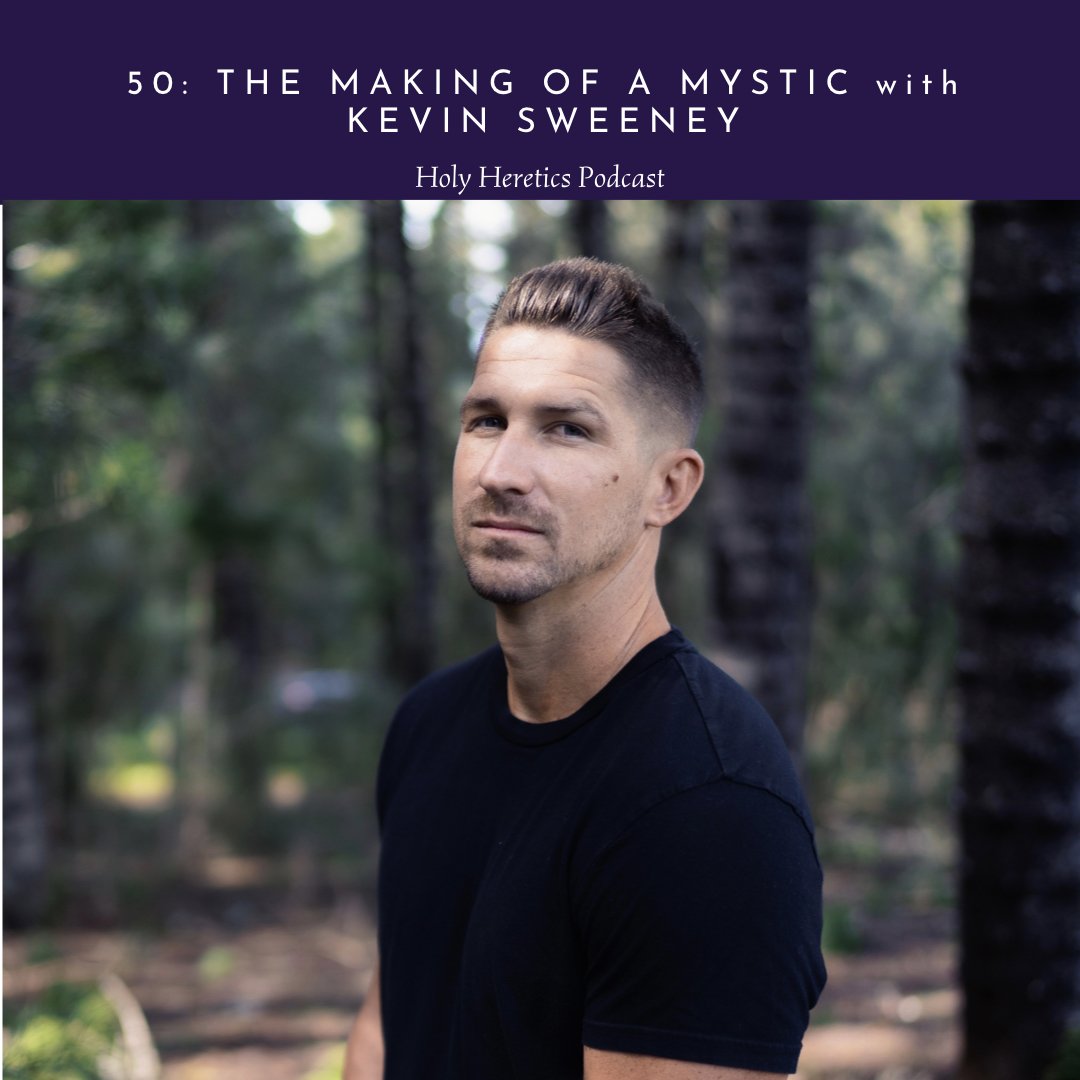
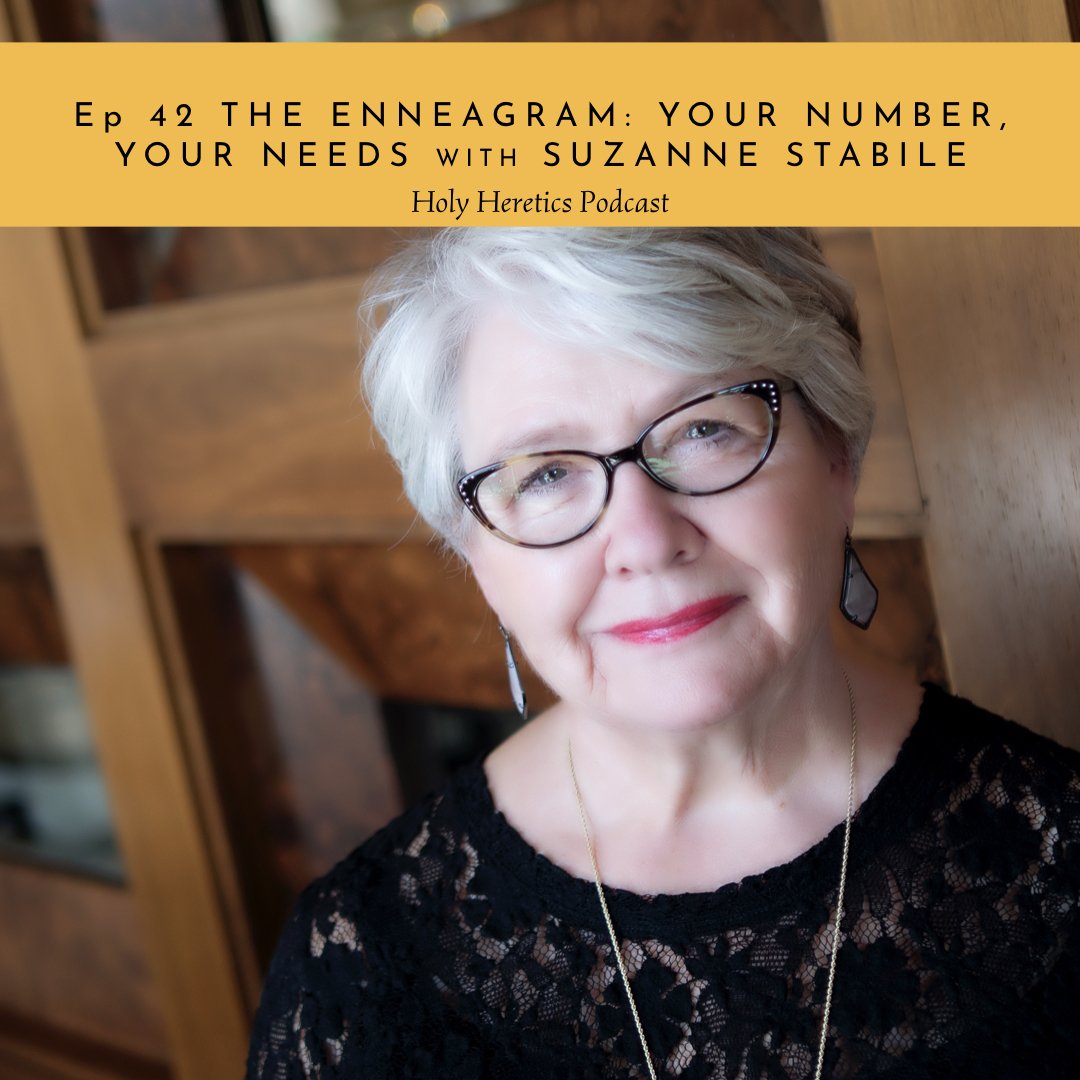
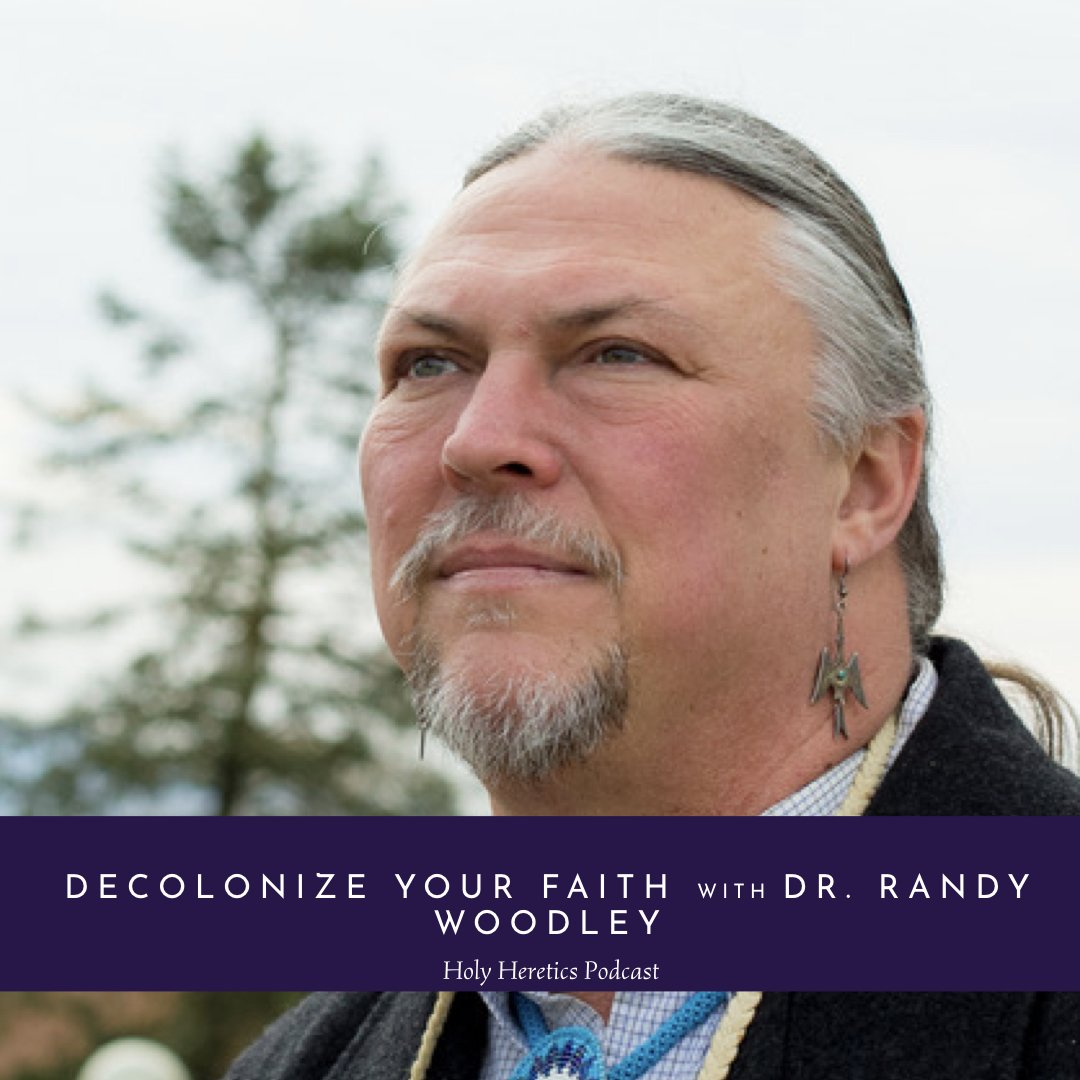
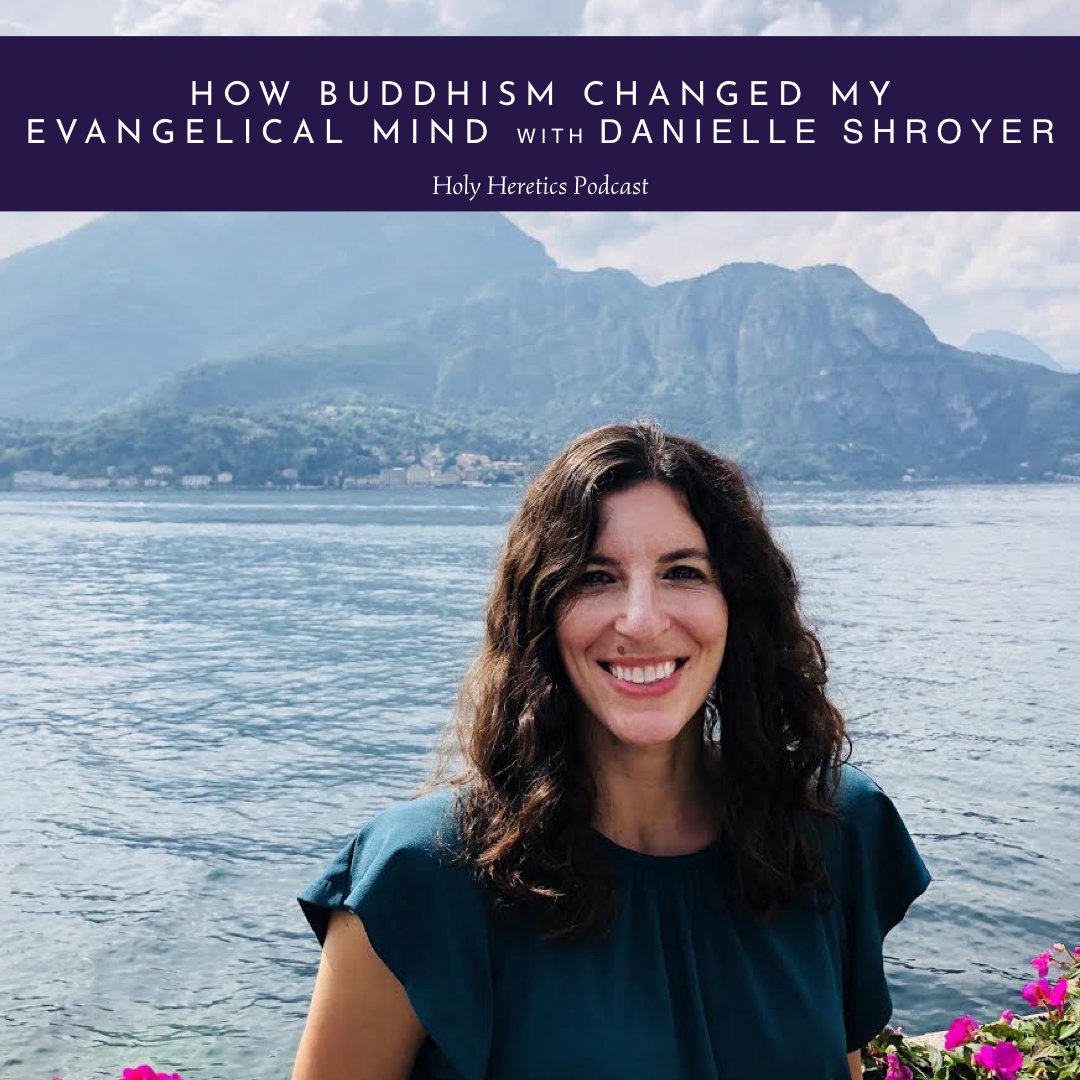
For ten years running, Dr. Rupert Sheldrake has been recognized as one of the most spiritually influential living people in the world. Sheldrake’s research provides a link between science and spirituality, and in particular, the proven benefits of the spiritual life on one’s well-being, mental health, and life expectancy. Spiritual people live longer, are healthier, and happier.